HI6027 Business and Corporate Law: Case Studies of Business Law
VerifiedAdded on 2022/11/14
|12
|732
|333
Homework Assignment
AI Summary
This assignment solution addresses two case studies in Business and Corporate Law, analyzing contract law principles in the context of an advertisement-based offer, acceptance, and revocation scenario involving SOO Burgers and customers Mickey and Brett. It examines the formation of a binding contract and the implications of communication of offer and acceptance. The second part delves into corporate law, assessing the duties and liabilities of directors, including breaches of the Corporations Act, specifically sections 180, 181, and 588G, focusing on the concepts of due care, diligence, good faith, and preventing insolvent trading. The solution references key legal cases such as Carlill v Carbolic Smoke Ball Company, ASIC v Flugge, and Greenhalgh v Arderne Cinemas Ltd, providing a comprehensive analysis of the legal principles and their application to the given facts.
1 out of 12
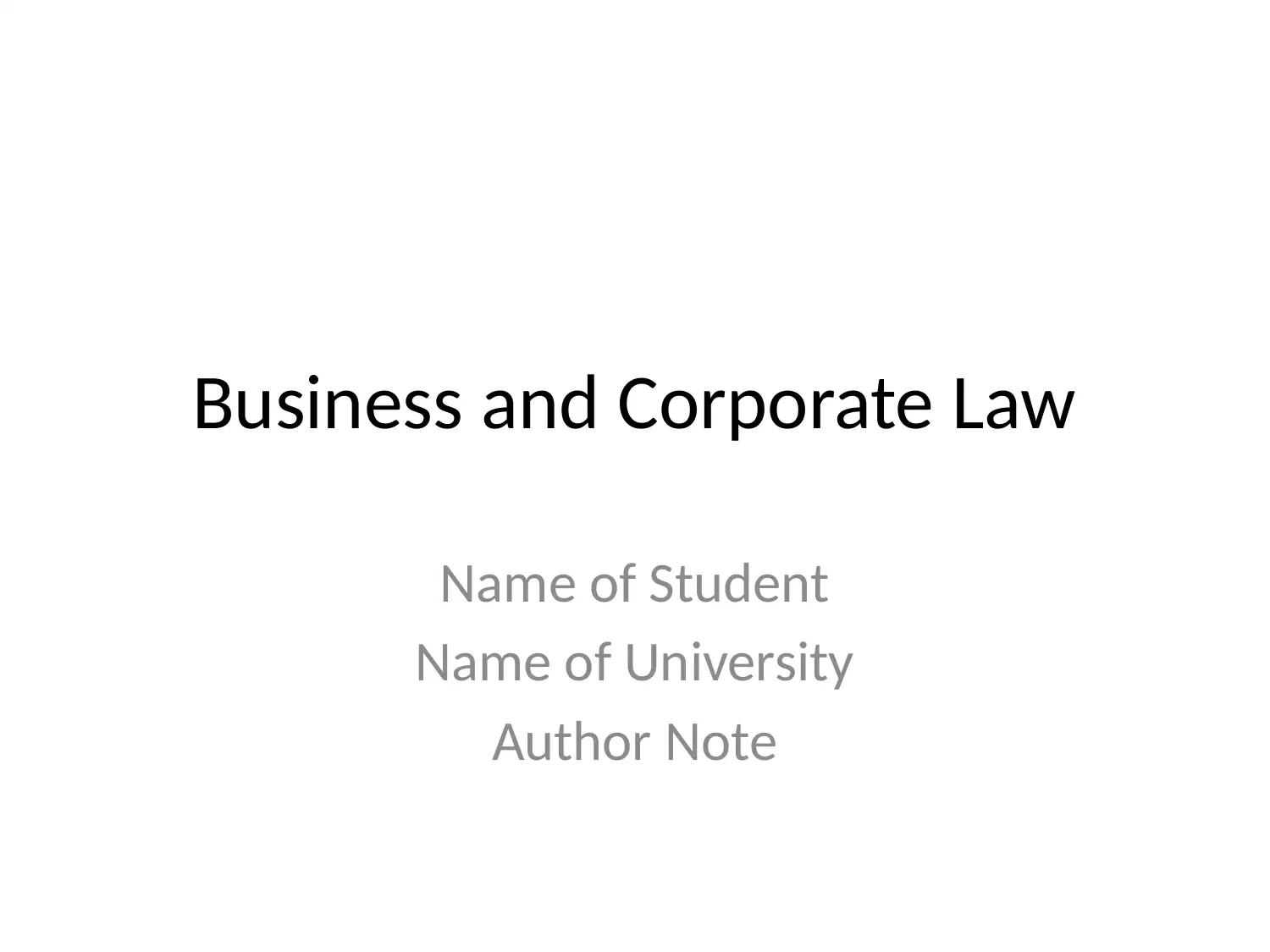
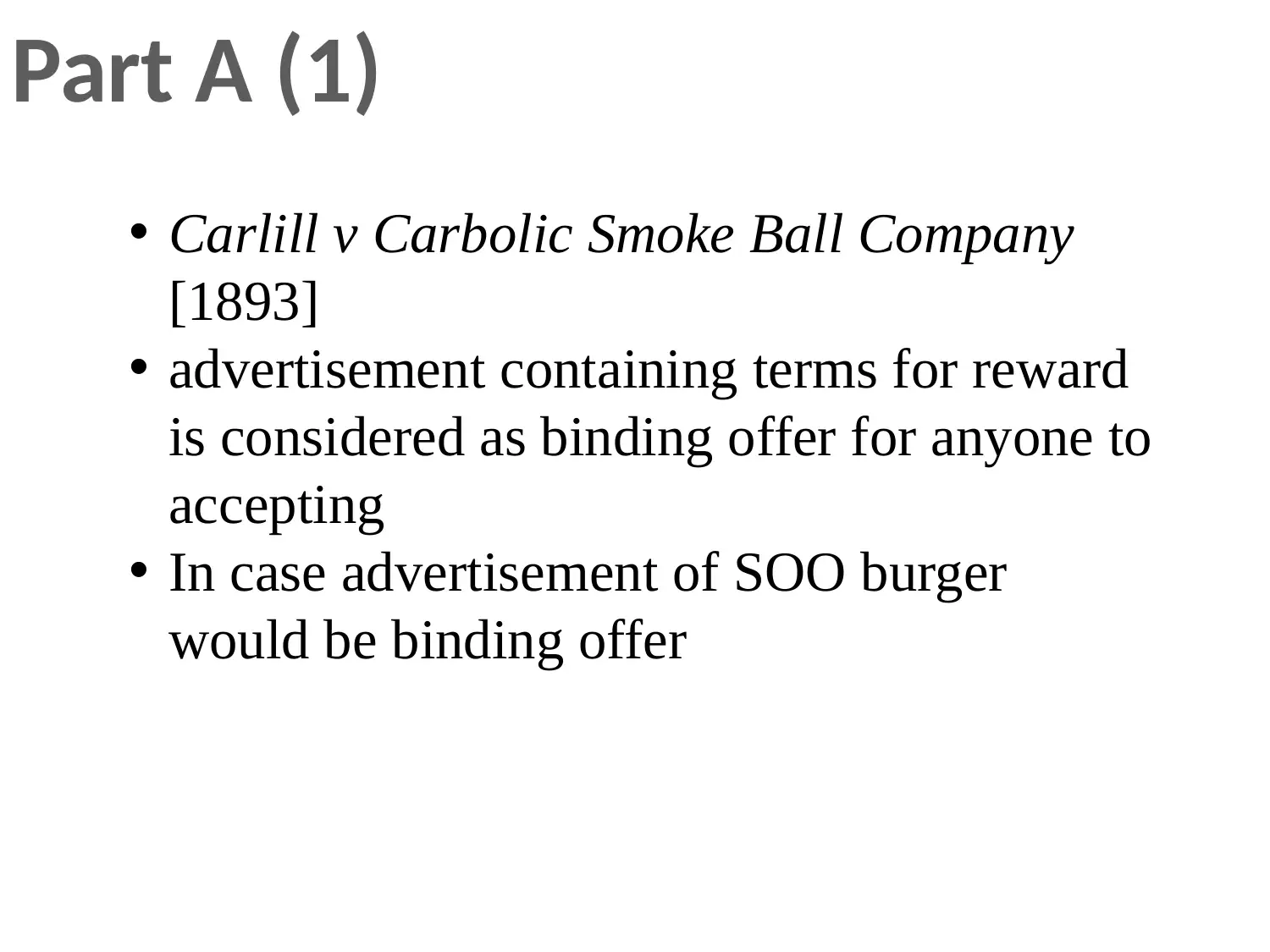
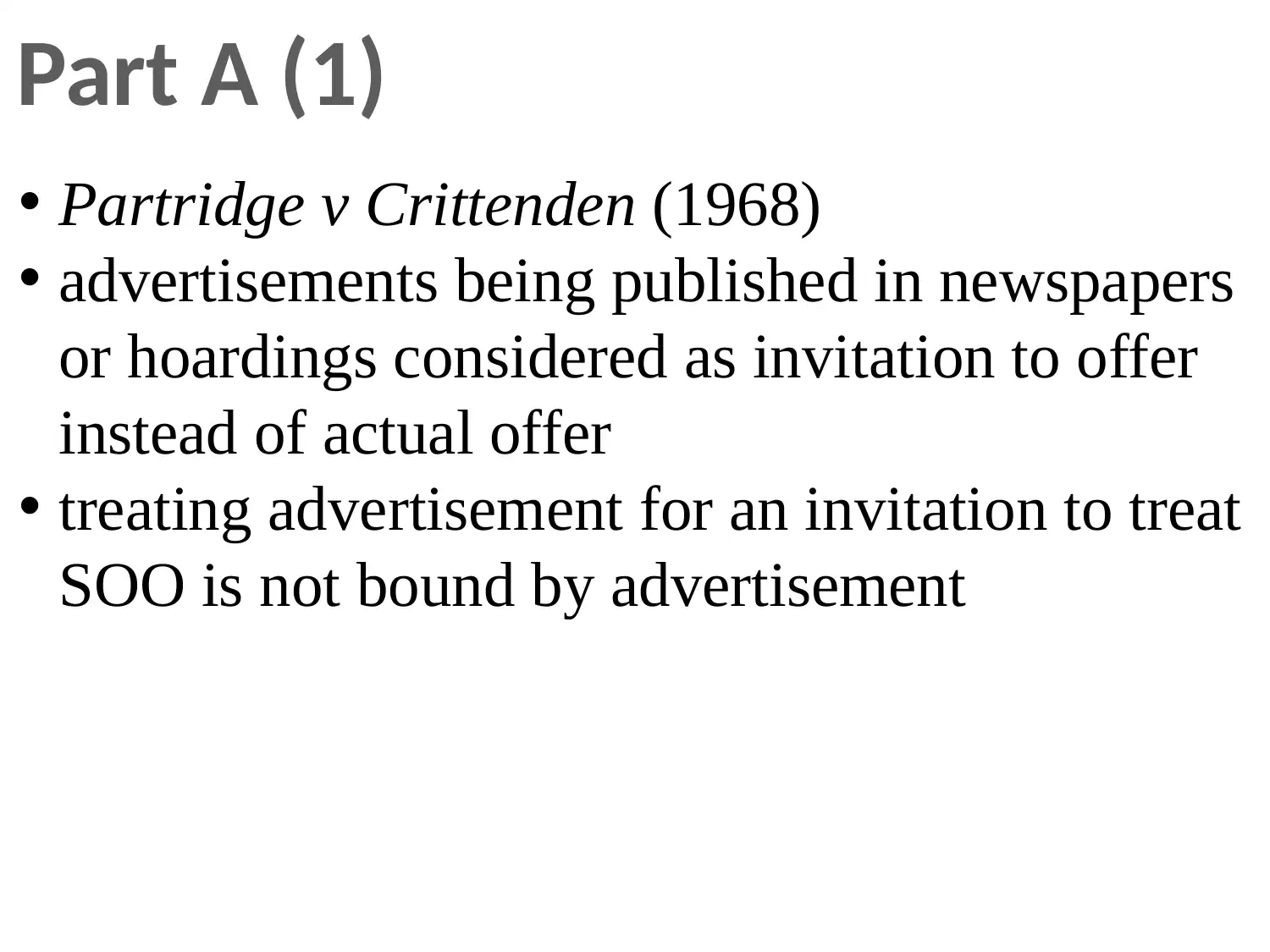

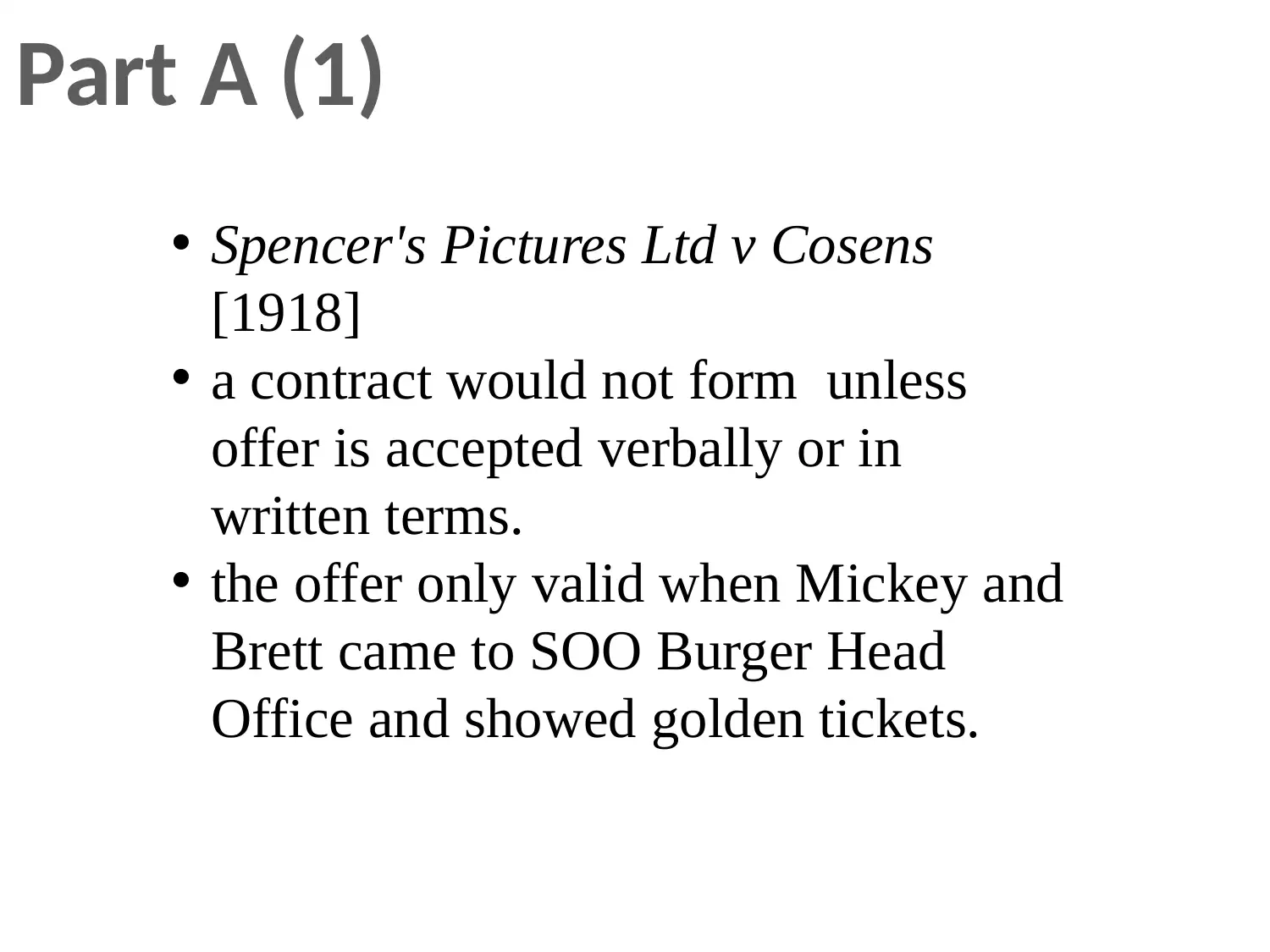
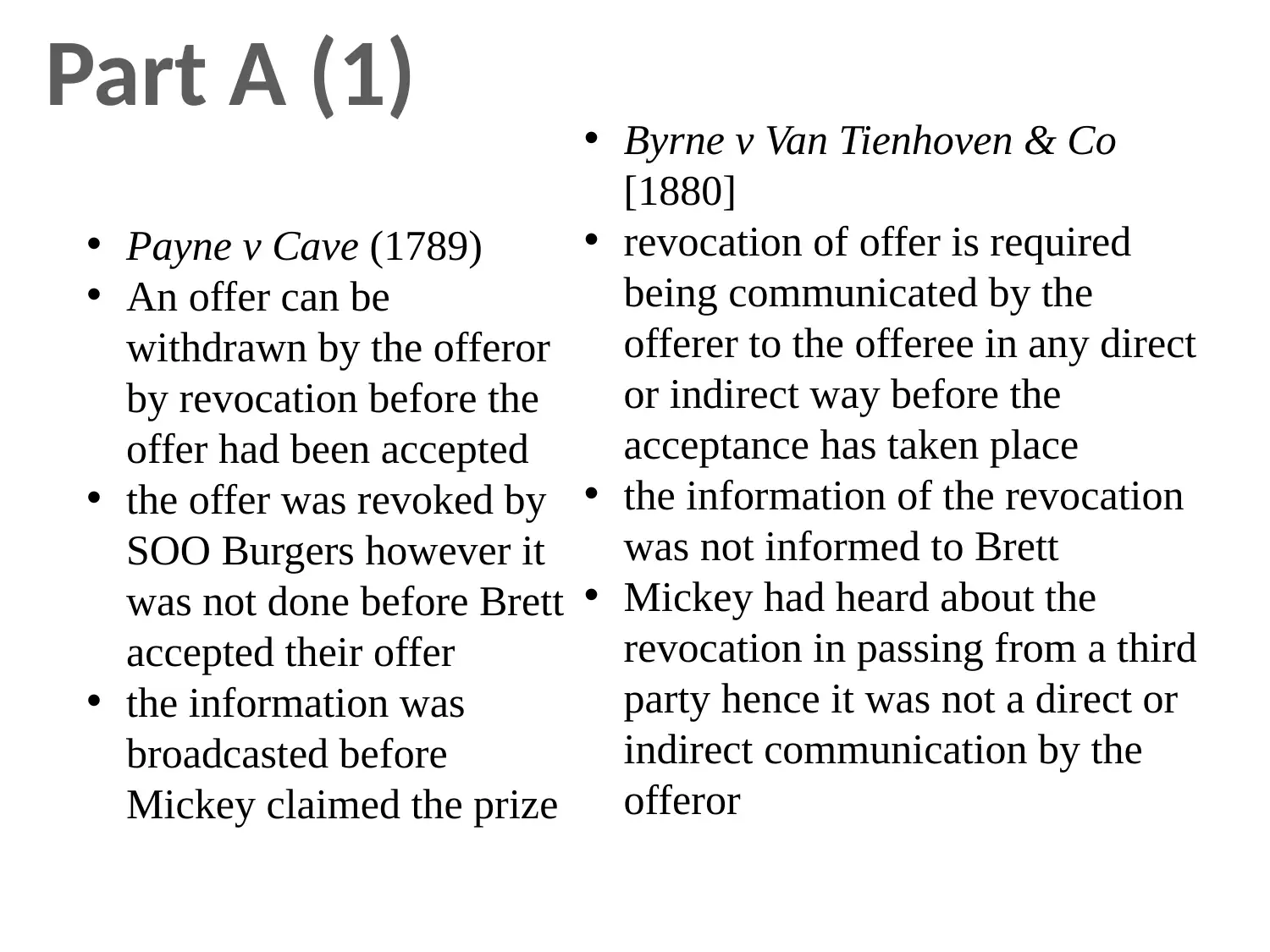
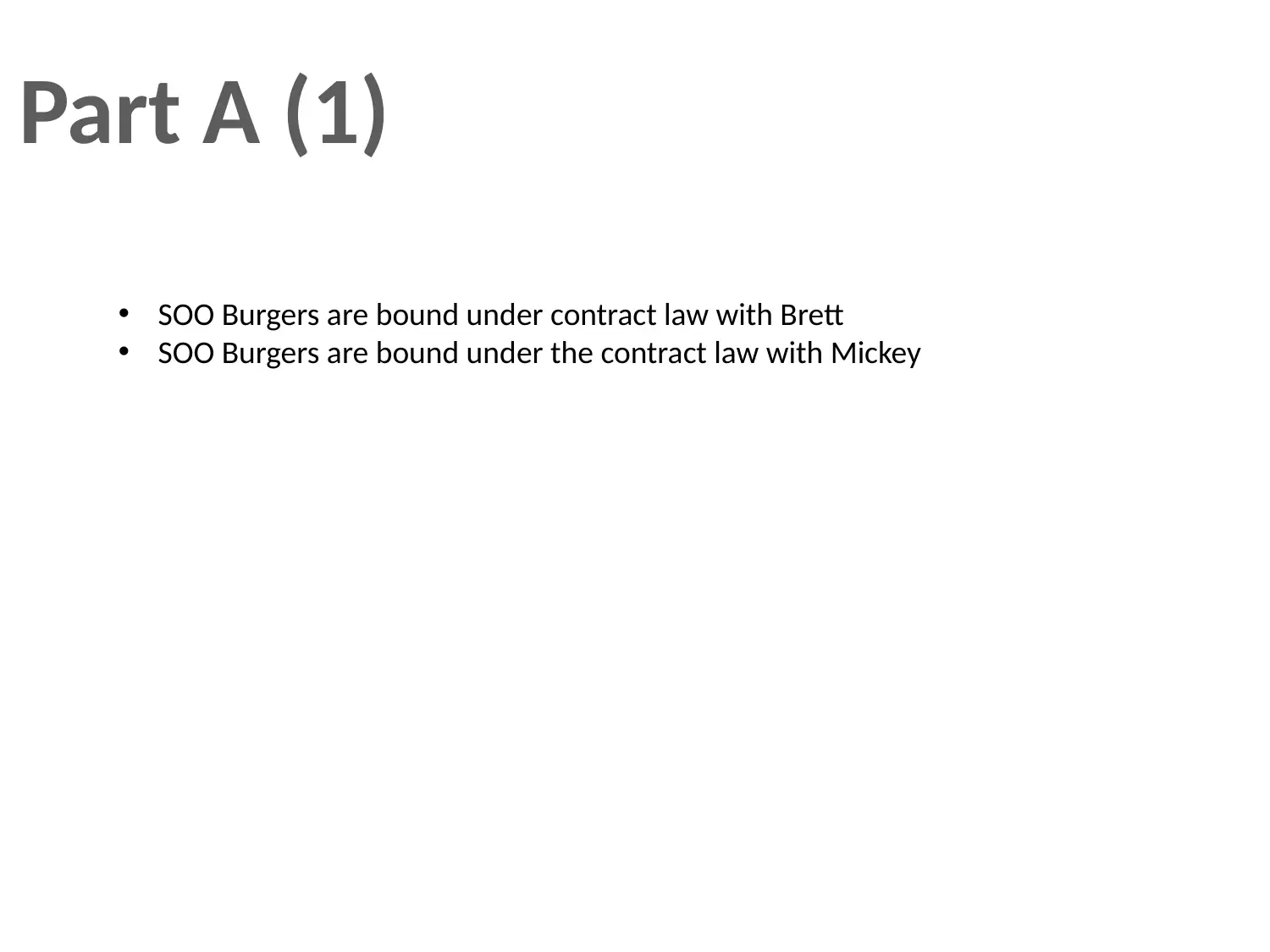
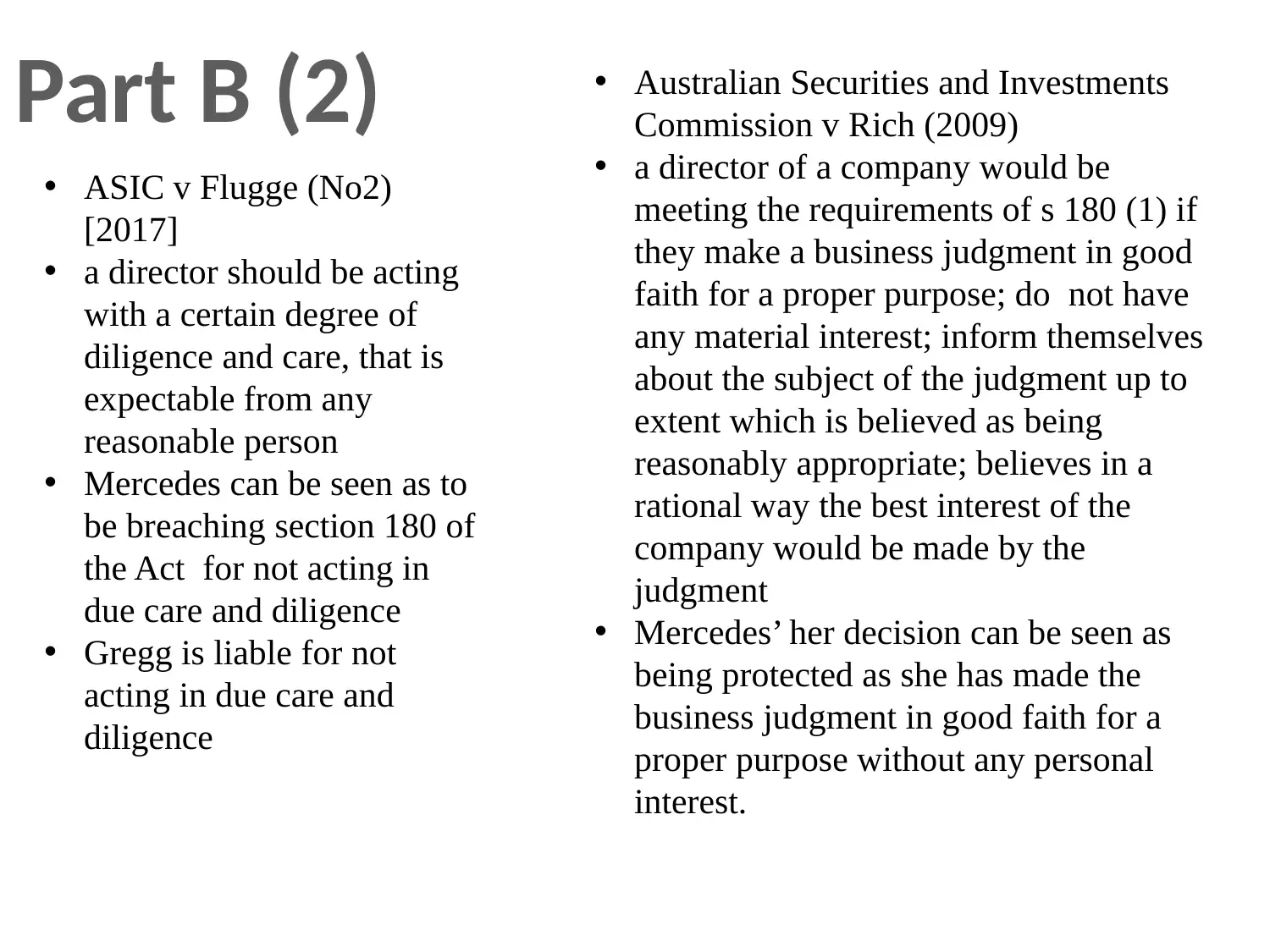
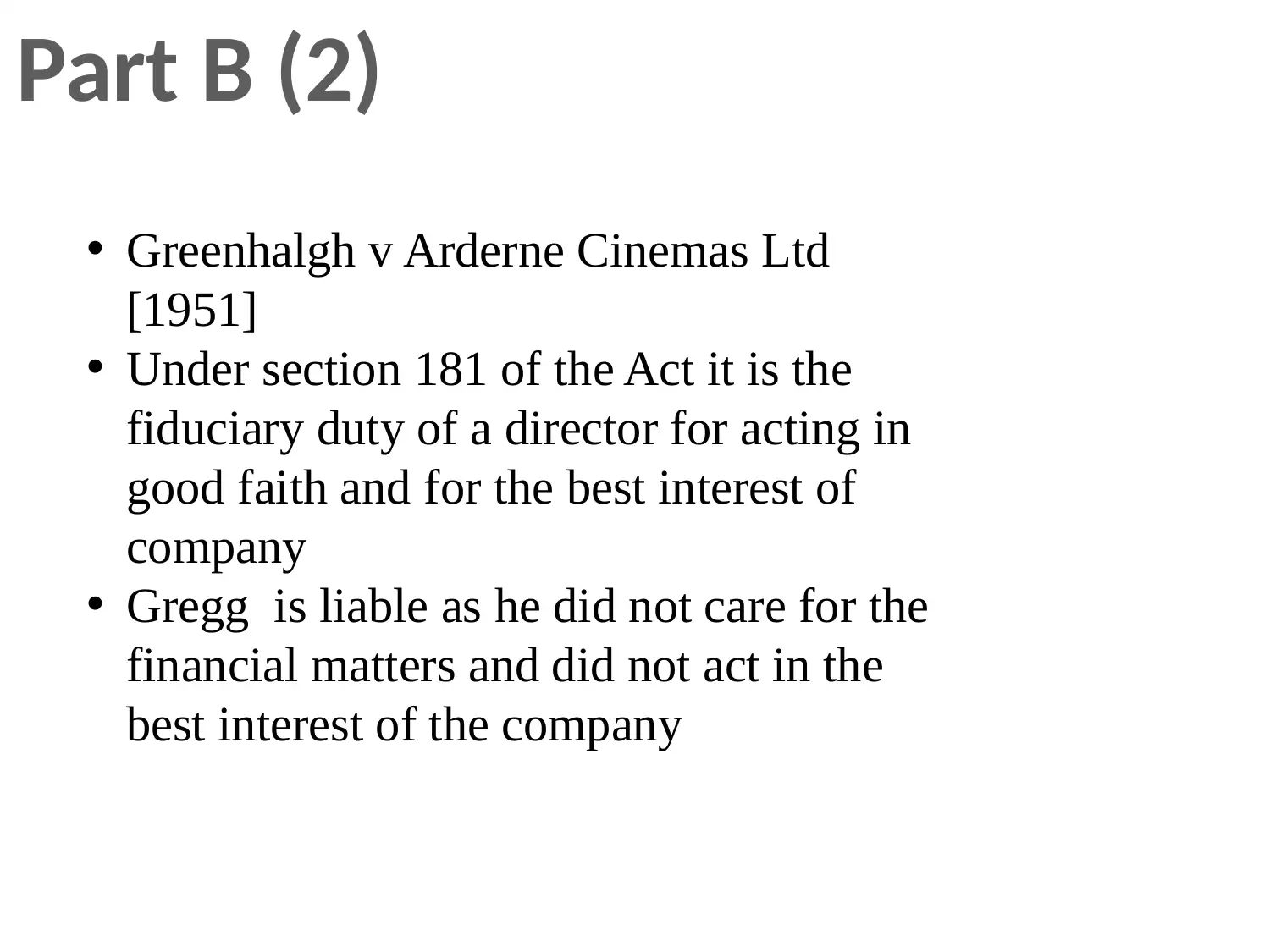
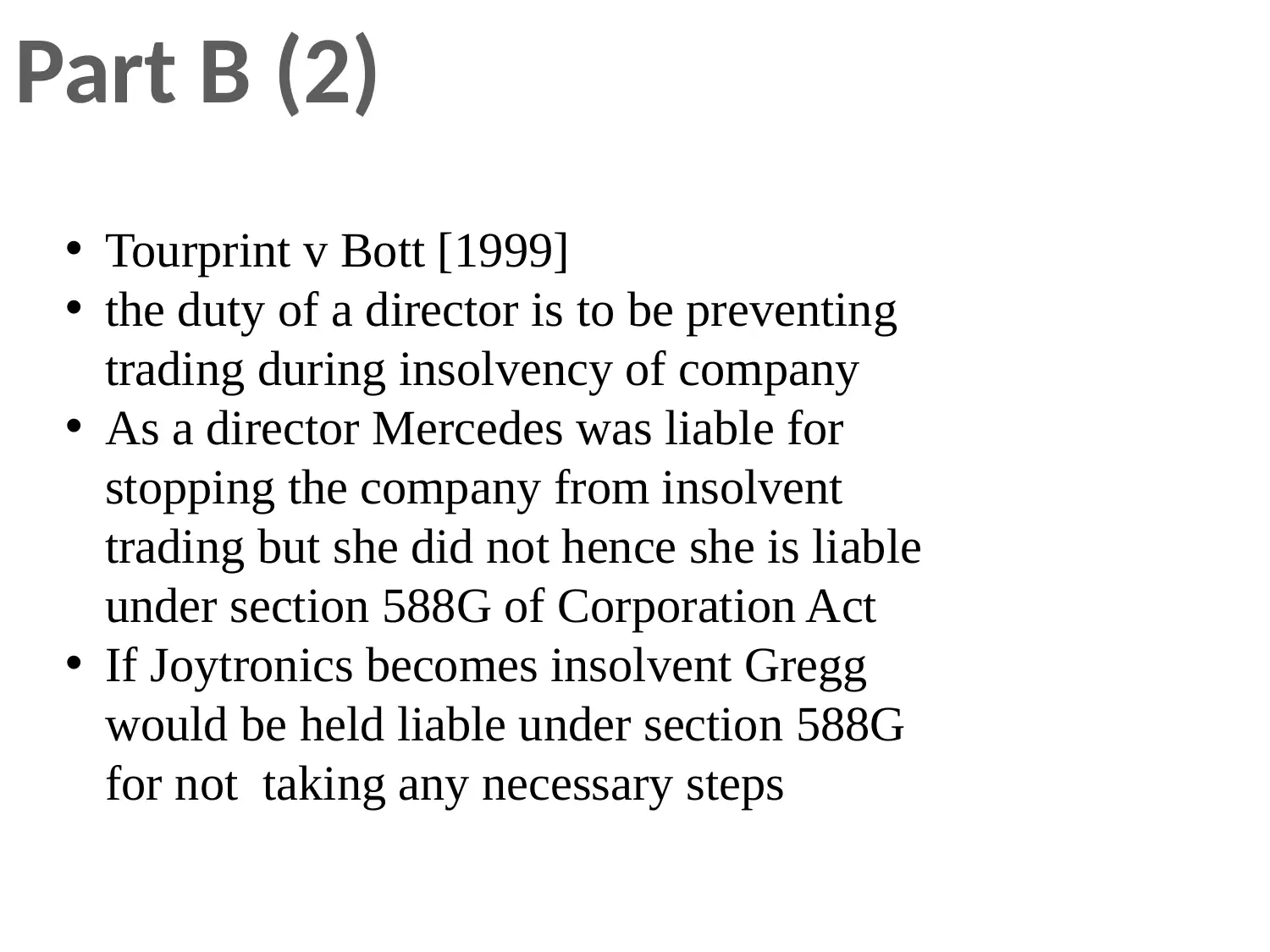
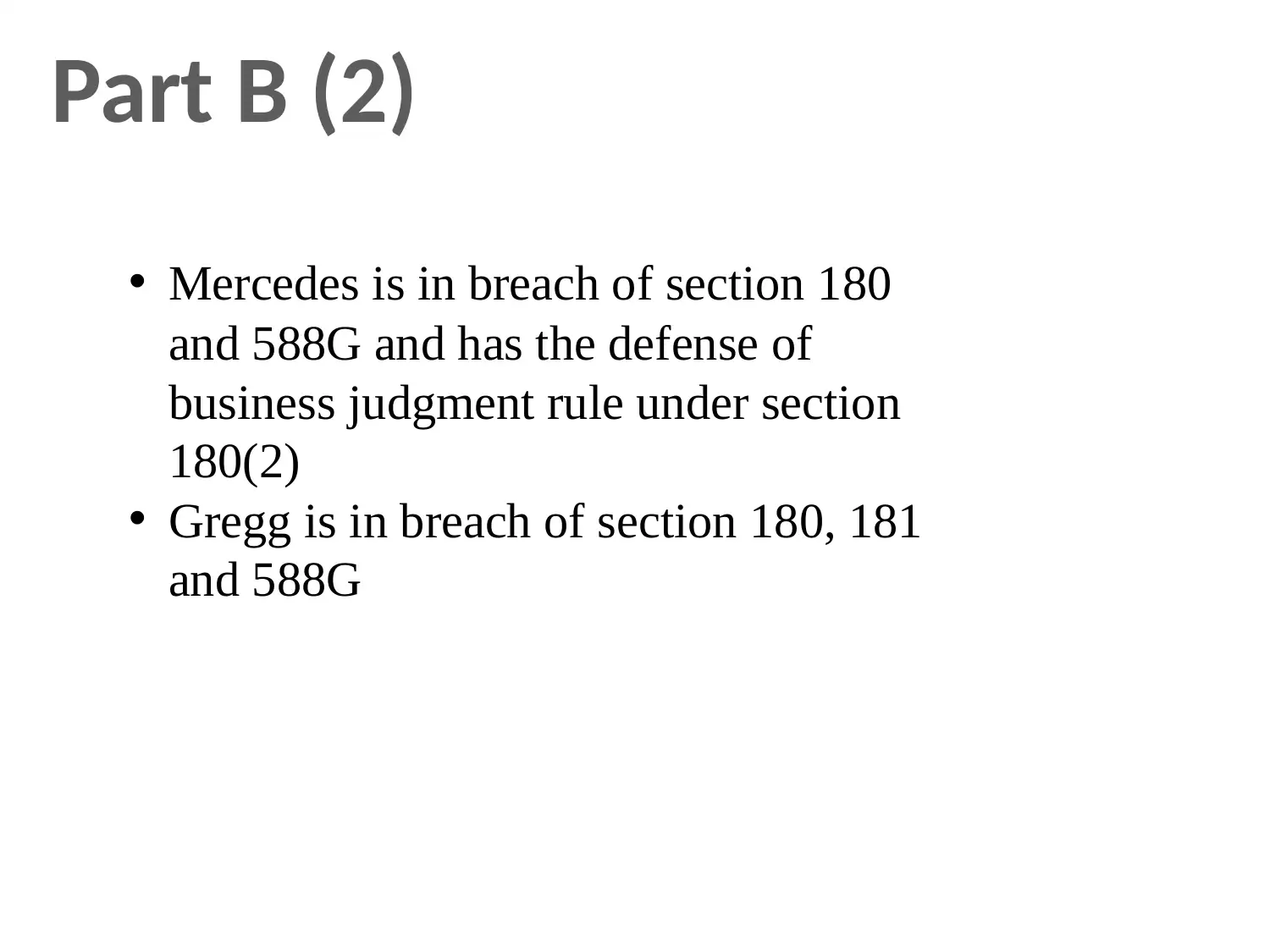
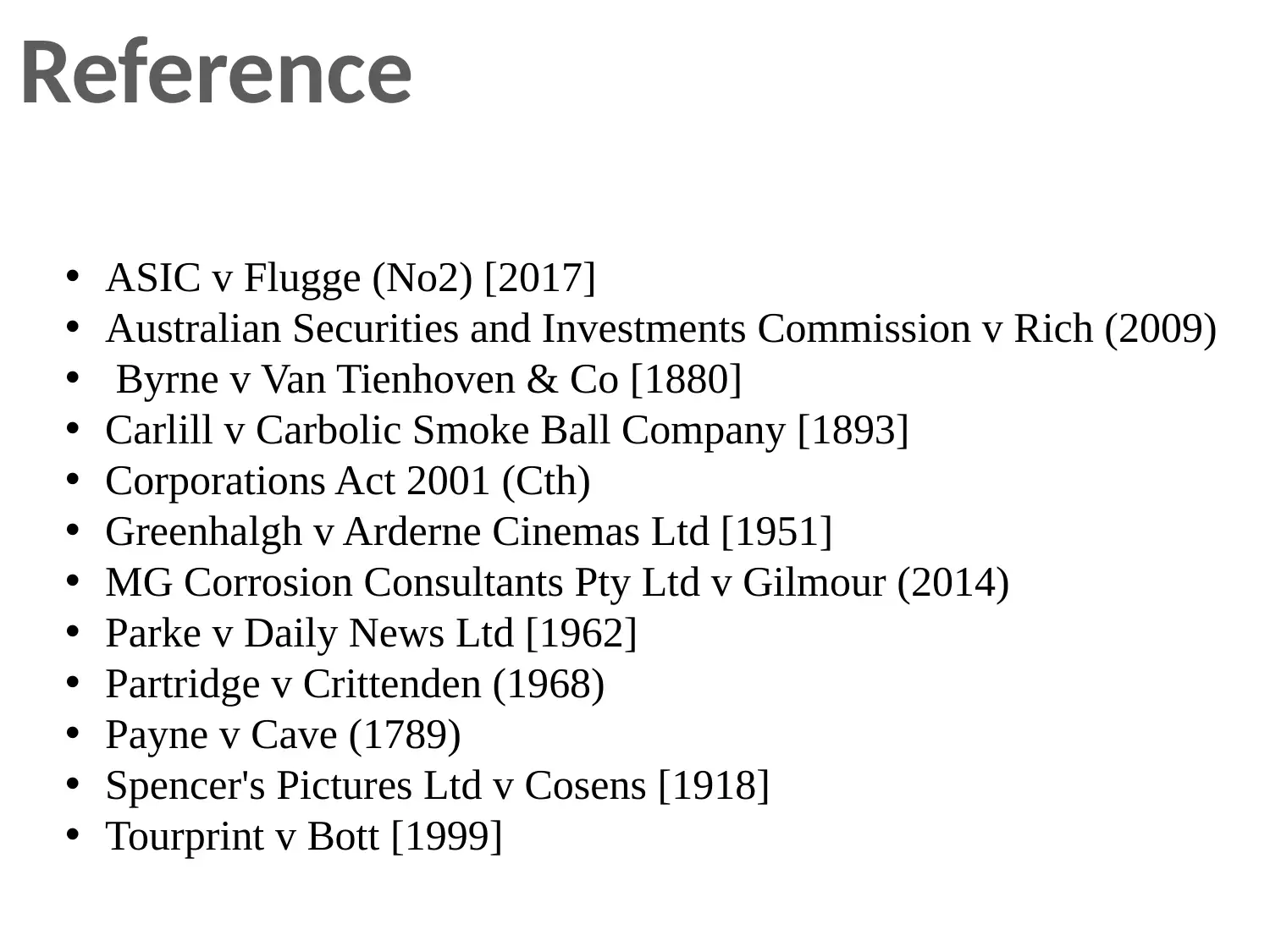







![[object Object]](/_next/static/media/star-bottom.7253800d.svg)